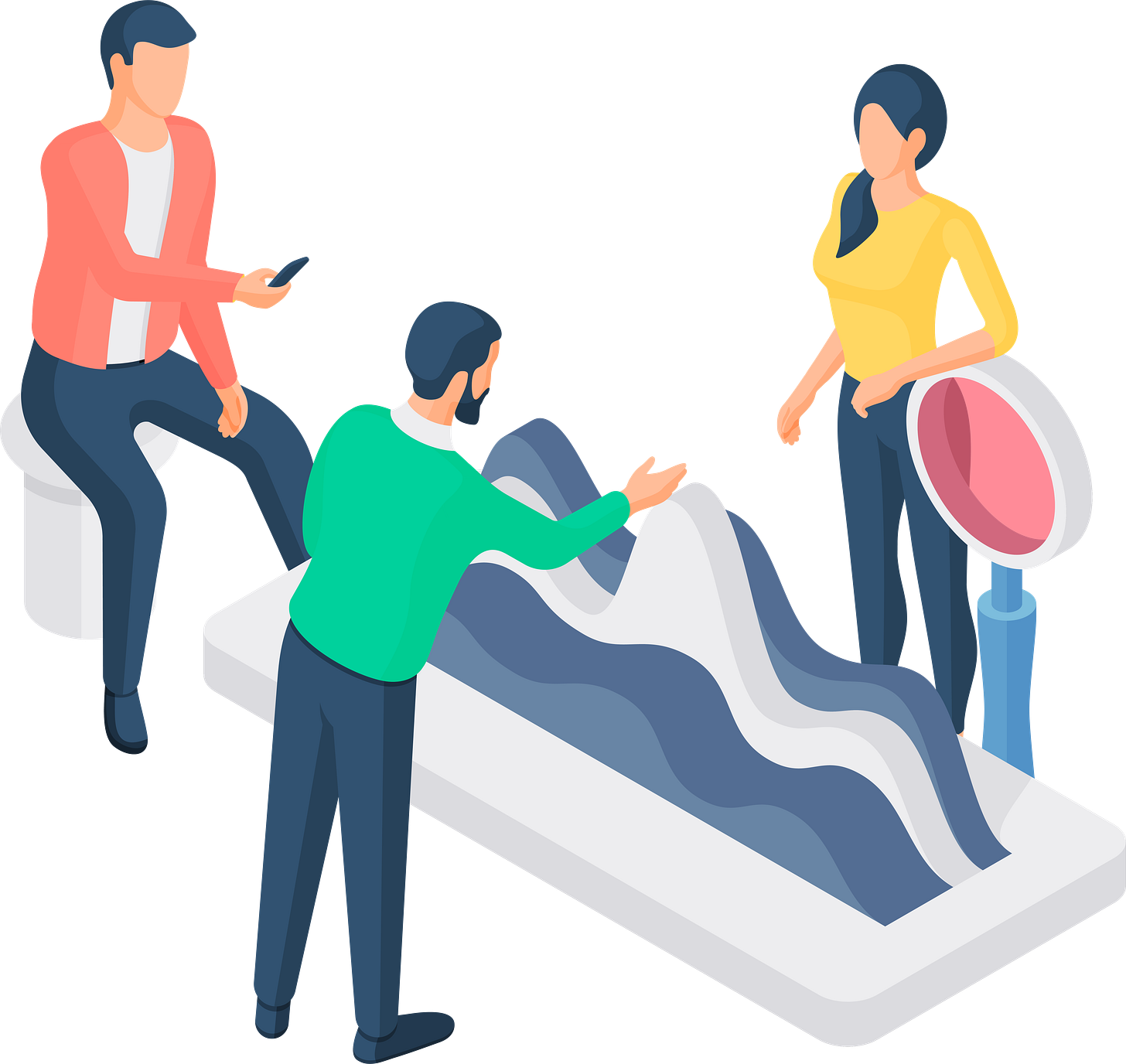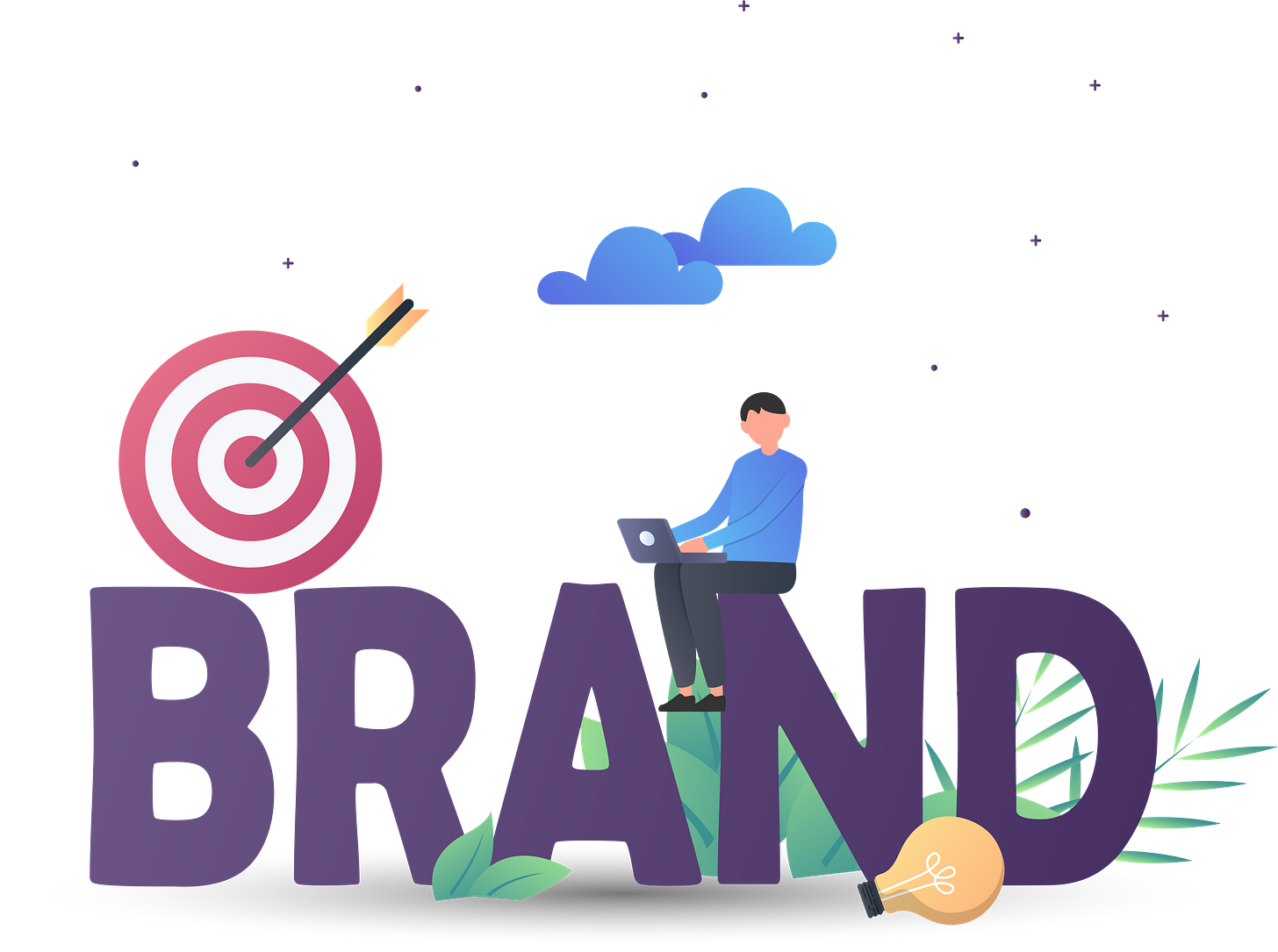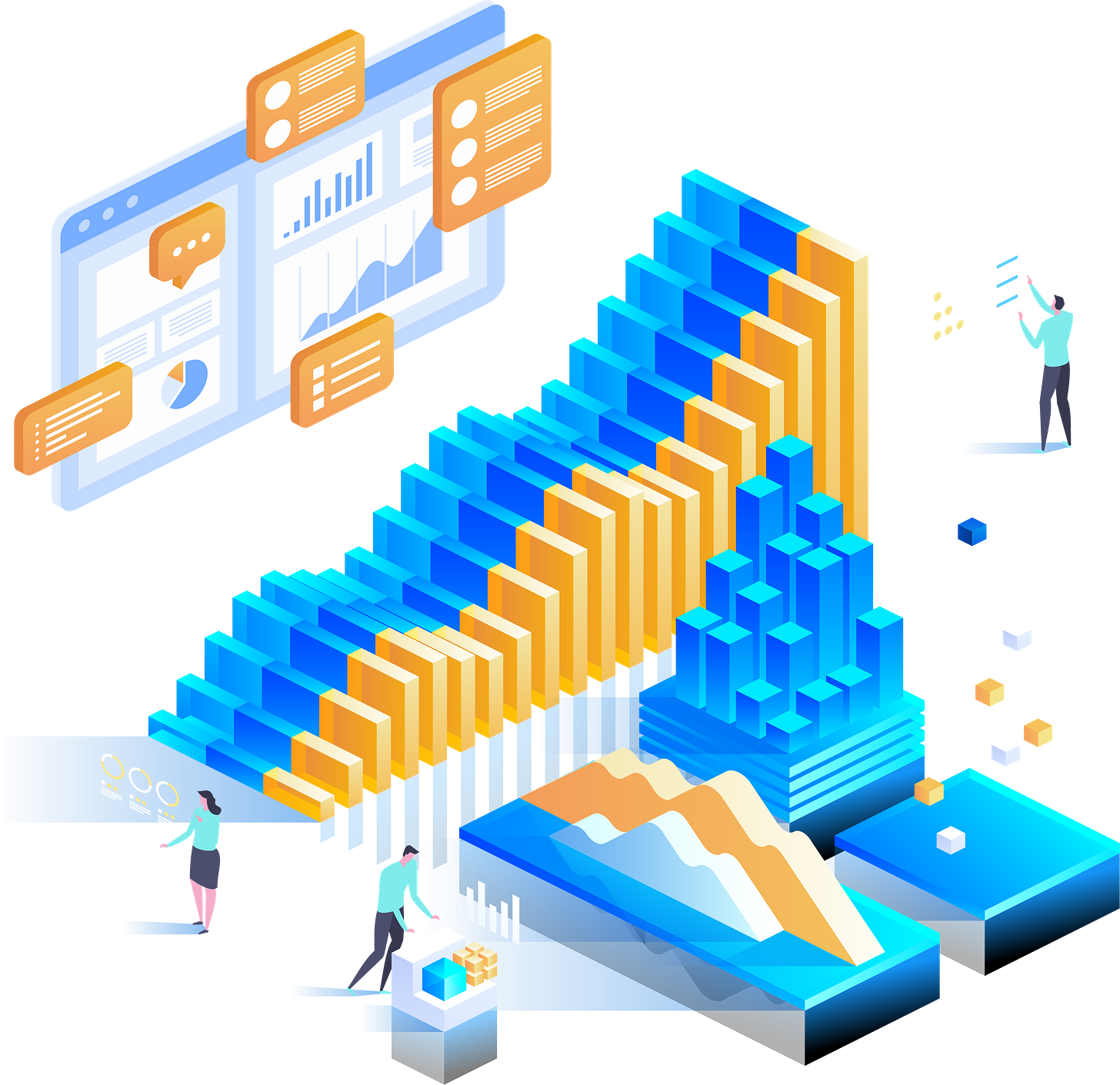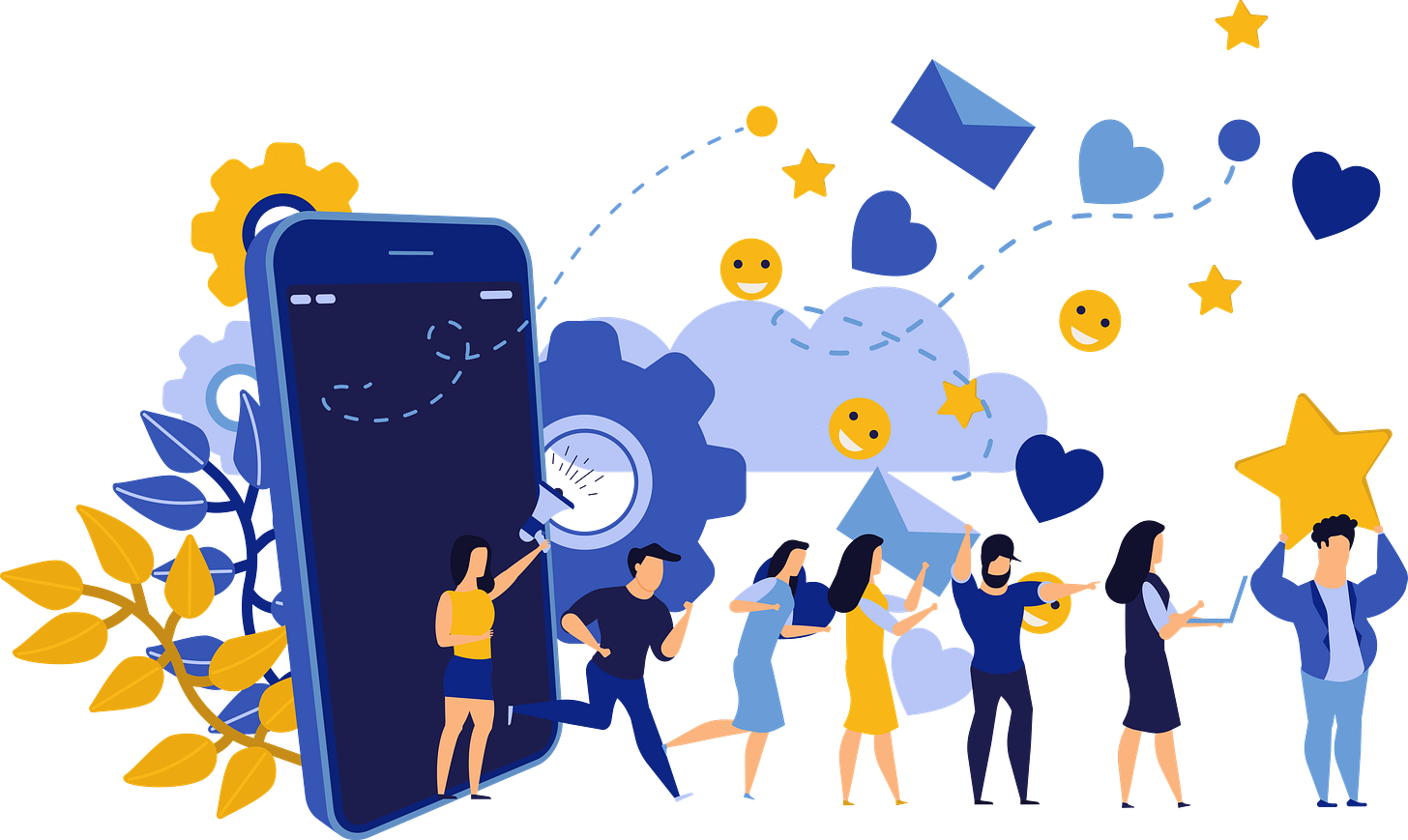How to Use Facebook as a Blogger
Tips and tricks for bloggers using Facebook to drive traffic, build an audience, and reach new readers
Do you like this featured blog image? Become a paid subscriber and get access to our Canva template library of images like this one, that you can edit in seconds!
Love it or hate it, Facebook is one of the world’s most visited websites. In fact, it is the most popular social media platform with over 2.8 billion monthly active users, and still growing. The ubiquity of Facebook is that it is near impossible for any serious marketer to ignore. One of the first steps any brand takes when launching a business is to set up a Facebook page.
Wondering if it still makes sense to use Facebook if you are a blogger or marketer? Keep reading to get updated on its current status as a social network, and the benefits presented.
What is Facebook?
With over 95% of Americans knowing what Facebook is, it is likely you already know about the platform as well. Nonetheless, here is a brief synopsis:
Founded in 2004, Facebook started out as a simple website that allowed college friends to share messages. Mark Zuckerberg is the man credited with launching the platform, but it has several other co-founders: Eduardo Saverin, Andrew McCollum, Dustin Moskovitz, and Chris Hughes. The simplest answer to the question “what is Facebook?” is that it is a social media network that helps friends, family members, and complete strangers connect online. Users can choose to become friends with other people on the site, as well as follow personalities, celebrities, and brands.
How people use Facebook
Using Facebook involves sharing a variety of posts, including plain text, images, links, and videos. All these are displayed as updates on a central News Feed, which allows you to view and engage with the constant stream of content. You can add your own updates on your wall (which then get added on the timeline), as well as share content from other people which you come across while scrolling. You can tag friends and followers in posts to ensure they see and interact with the content. Apart from sharing, the most common types of interactions include “liking” posts, leaving comments, or using one of several emoji reactions (love, sad, angry, etc.).
Facebook can also be used to create and share events, add stories (disappearing messages), set up online stores, broadcast live video streams, and to notify others of special happenings. Facebook has also rolled out a number of features over the years geared towards helping people connect more, as well as building a community aspect. Facebook Messenger, for instance was created as a separate but integrated private instant messaging app. Many people still use it – at least on the desktop version. People can also join Facebook groups in order to interact with people who have similar interests, get customer support from businesses, or share knowledge.
Facebook social media impact
As noted, Facebook is the leading social media network, with approximately 1.9 billion users logging on daily. It reaches almost 60% of all social media users on the internet. In the U.S., more than 60% of the population over age 12 use Facebook. India is the largest market for Facebook, with over 320 million users. The U.S. (190 million) and Indonesia (140 million) are next.
In terms of demographics, Facebook is still very popular among millennials and Generation Z, with 65% of its users being younger than 35. One reason for this is that the site has kept pace with the changing social media trends over the years. For example, it has introduced similar features to those offered by trendy platforms such as Snapchat in a bid to remain attractive to younger folks. At the same time, Facebook continues to diversify its various products, continuously making it easier to share and engage. With that said, more men than women use Facebook – the biggest demographic on the platform is males between the ages of 25 and 34.
Digital marketing on Facebook
To date, over 200 million small businesses use Facebook to increase their online presence. Benefits to businesses include:
1. Connecting with target audience
With more than a third of the world’s population on Facebook, brands are sure to reach a wide cross-section of people who might be interested in their products and services. They can do this by setting up a Facebook page, which allows the addition of contact details such as business name, address, telephone number, website link, etc. A business Facebook page also allows companies to share targeted posts and other content their followers might be interested in.
2. Customer service
Facebook has become an important customer service delivery tool for many businesses. It allows brands to keep abreast with comments and reviews, as well as engage directly with customers via private messaging. Brands can also set up groups that help them to better cater to the needs of customers.
3. Increasing brand awareness
More than 75% of Facebook users have interacted with brands and products on the site. This means people are actively using the platform to discover things they are interested in consuming. Being on the platform, therefore, increases the opportunity for brands to spread awareness about their offerings.
4. Advertising
Another appealing factor for brands to use Facebook in their marketing efforts is its large advertising audience of over 1.9 billion people. Many consider Facebook advertising to be faster and more cost-effective than traditional means. That’s why over 86% of marketers in the U.S. advertise on the platform.
Facebook for bloggers
There is no question that bloggers need to be on Facebook. Apart from the sheer numbers, the engaging nature of the platform makes it an ideal space for bloggers to get closer to their target readers. Setting up a Facebook page for your blog can boost your blogging goals by:
1. Increasing traffic to your blog
If you want to get more people visiting your blog and reading your content, a Facebook page is a must-have. Posting links to your blog posts can get more people to read your articles. If followers share them to their friends list, you can get even more traffic. The key to getting the best results from this strategy is to have catchy blog post headlines and captions, as well as appropriate, high-quality images. Be sure to vary your posts on Facebook as well, by posting other types of content (tips, jokes, questions, interactive posts, live videos, polls, interesting links from external sources, etc.)
2. Getting closer to your audience
You want your readers to feel they are part of your journey. This will help to build a loyal following for your blog. The laidback, personal vibe of Facebook makes it an ideal platform to create your own tribe. You can do this by posting more interactive content that requests people to leave comments, share images and gifs, and even videos of themselves. Responding promptly to all comments and private messages is recommended to make your followers more comfortable in interacting with you as well.
3. Building a community
Speaking of getting closer to your audience, one of the things you can do where this is concerned is to create your own Facebook community. This is done by setting up a group based on the main topic of your blog. Facebook groups tie in to the platform’s goal of building online communities where friends and family can stay in touch. In addition, a Facebook group allows you to sift through your followers and connect with the ones who really care about your content, and it helps you better identify the core needs of your audience. It is easy, and free, to start a Facebook group, so this is something you should definitely look into as well.
4. Growing your follower count
The more followers you get, the better your results, especially since the Facebook algorithm has consistently limited post reach over the years. Not only does it potentially increase the chances of gaining blog traffic, your reputation on the platform also goes up with the growth in followers. Growing your follower count organically is not something that happens overnight, however. And it is not recommended to buy followers. There are best practices you can follow, such as sharing helpful and valuable content, being more engaging and responsive, sharing your page in relevant groups and threads, and simply inviting people to like your page.
Conclusion
Although Facebook has shifted focus plenty of times over the years, it still remains a platform of choice for bloggers and marketers to connect with the right people.
I have personally seen huge results using the tactics mentioned in this article to drive increased traffic to my blog posts, newsletter posts, and other longform social media posts.
I also run two Facebook groups (Medium Writing and Substack Writers). While the platform can be distracting (and at times, overwhelming), if you utilize the best parts of Facebook (massive audience, targeted marketing using Facebook ads, build a community with a Facebook group, advertise your business with a Facebook page, or establish new connections), Facebook can be a valuable asset to any blogger.
Until next time!











Thank you, Casey! So appreciate the helpful information.
An informative, helpful and insightful piece here! Thank you for sharing.